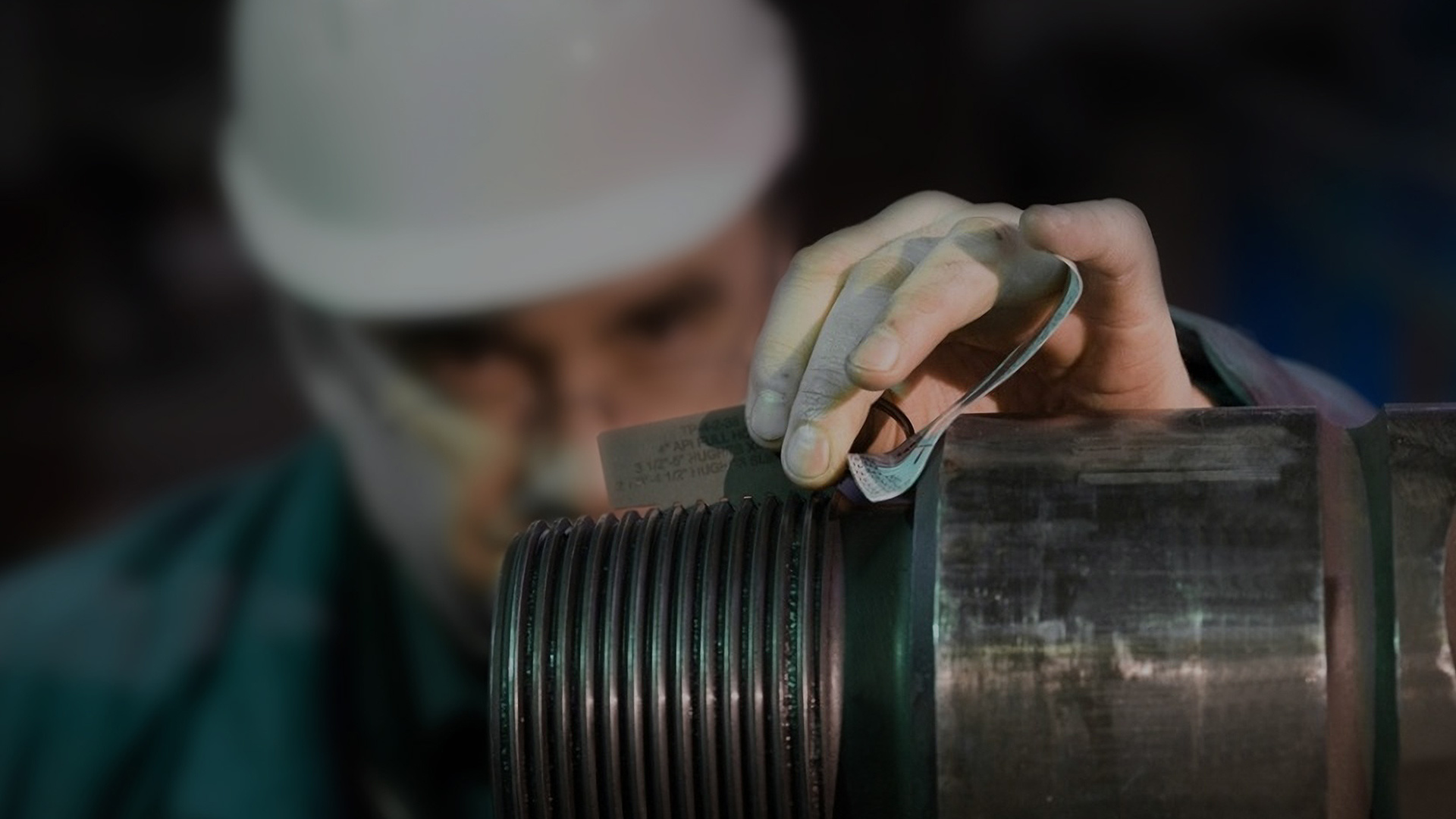Deliver value through cost-effective steel solutions
How Anticorrosive Welded Steel Pipes Contribute to Project Sustainability
Apr 15,2025
How Anticorrosive Welded Steel Pipes Contribute to Project Sustainability Introduction to Anticorrosive Welded Steel Pipes In recent years, sustainability has become a paramount concern in the construction and building materials industry. As projects aim to minimize their environmental footprint, innovations in materials are essential. **Anticorrosive welded steel pipes** play a significant role i

How Anticorrosive Welded Steel Pipes Contribute to Project Sustainability
Introduction to Anticorrosive Welded Steel Pipes
In recent years, sustainability has become a paramount concern in the construction and building materials industry. As projects aim to minimize their environmental footprint, innovations in materials are essential. **Anticorrosive welded steel pipes** play a significant role in achieving these sustainability goals. These pipes not only provide structural integrity but also enhance durability and reduce overall maintenance costs, making them a preferred choice for many applications.
Understanding Anticorrosive Properties
The Science Behind Corrosion
Corrosion is a natural process that degrades metals through chemical reactions with their environment, often resulting in significant structural damage. **Anticorrosive treatments** are designed to prevent this deterioration. By applying specific coatings or using certain alloys, manufacturers can create steel pipes that resist oxidization and other forms of corrosion.
Common Anticorrosive Treatments for Steel Pipes
Several **anticorrosive treatments** are widely used in the production of welded steel pipes:
1. **Galvanization**: This process involves coating the steel with a layer of zinc, which protects the pipe from rust and corrosion.
2. **Epoxy Coatings**: These synthetic coatings are applied to the surface of the steel to provide a protective barrier against harsh environments.
3. **Stainless Steel Alloys**: Utilizing alloys that contain chromium helps in forming a passive layer on the surface, which enhances corrosion resistance.
4. **Polyethylene Coating**: A thick layer of polyethylene can be applied for additional protection against corrosive agents.
Benefits of Anticorrosive Welded Steel Pipes in Construction
1. Longevity and Durability
Anticorrosive welded steel pipes are designed to endure extreme environmental conditions. Their resistance to rust and corrosion extends their lifespan, reducing the need for frequent replacements. This longevity contributes to sustainable practices in construction, as fewer resources are required for repairs and replacements.
2. Reduced Maintenance Costs
One of the most significant advantages of using anticorrosive welded steel pipes is the reduced maintenance costs. Traditional steel pipes often require regular inspections and maintenance to prevent corrosion-related issues. In contrast, anticorrosive options often require minimal upkeep, allowing project managers to allocate budgets more efficiently.
3. Environmental Benefits
Utilizing anticorrosive materials can have a positive environmental impact. By reducing the frequency of repairs and replacements, these pipes help minimize waste. Additionally, the production processes for anticorrosive treatments often involve less energy compared to the extraction and processing of raw materials.
4. Improved Safety and Reliability
Anticorrosive welded steel pipes enhance safety in construction projects. By providing robust structural support without the risk of corrosion-related failures, these pipes ensure that projects remain reliable over time. This reliability is crucial in critical infrastructures, such as water supply systems and industrial applications.
Applications of Anticorrosive Welded Steel Pipes
1. Water and Wastewater Management
In the water and wastewater management sector, the use of anticorrosive welded steel pipes is essential. These pipes transport potable water and sewage with minimal risk of contamination or structural failure. Their resistance to corrosion ensures that the water remains safe and clean, significantly contributing to public health.
2. Oil and Gas Industry
The oil and gas industry often operates in harsh environments where corrosion poses a substantial risk. Anticorrosive welded steel pipes are integral in transporting oil, natural gas, and other hazardous materials. Their durability reduces the likelihood of leaks and spills, promoting environmental safety and sustainability.
3. Construction and Infrastructure
In construction projects, anticorrosive welded steel pipes are used for framework support, scaffolding, and other structural elements. Their strength and resistance to environmental factors make them ideal for building resilient infrastructures that can withstand the test of time.
4. Industrial Applications
Factories and manufacturing plants utilize anticorrosive welded steel pipes for transporting chemicals and other materials. The ability to resist corrosive substances ensures that these systems operate efficiently and safely, minimizing downtime and maintenance needs.
Technological Innovations in Anticorrosive Steel Pipe Production
Advancements in Coating Technologies
Recent advancements in coating technologies have enhanced the effectiveness of anticorrosive treatments. Innovative materials that are more environmentally friendly and provide superior protection are now available. For instance, **nano-coatings** offer enhanced durability without compromising the pipe's structural integrity.
Smart Monitoring Solutions
Integrating smart technologies with anticorrosive welded steel pipes can offer real-time monitoring of their condition. Sensors can detect early signs of corrosion or structural weaknesses, allowing for proactive maintenance strategies, further enhancing sustainability efforts.
Recycling and Sustainability of Materials
As sustainability becomes increasingly important, the recycling of steel has gained traction. Anticorrosive welded steel pipes can be recycled at the end of their life cycle, reducing waste and promoting resource efficiency. This circular economy approach is essential for sustainable construction practices.
Challenges and Considerations
1. Initial Costs
While anticorrosive welded steel pipes offer significant long-term benefits, the initial investment can be higher compared to traditional materials. However, the reduced maintenance and extended lifespan often justify this upfront cost.
2. Availability of Specialized Products
Not all suppliers offer a wide range of anticorrosive welded steel pipes. It's crucial for project managers to choose reputable manufacturers with proven products to ensure quality and effectiveness.
Future Trends in Anticorrosive Steel Pipes
As the construction industry continues to evolve, the demand for anticorrosive welded steel pipes is expected to grow. Innovations in materials science, along with increasing environmental regulations, will likely drive the development of even more sustainable and efficient products.
1. Increased Use of Eco-Friendly Coatings
Future developments may see a rise in eco-friendly coatings that minimize environmental impact while maximizing corrosion resistance. These innovations will align with global sustainability goals and regulatory standards.
2. Enhanced Customization Options
The need for customized solutions in various industries may lead to the development of tailored anticorrosive welded steel pipes, designed to meet specific project requirements and environmental conditions.
Conclusion
In conclusion, anticorrosive welded steel pipes are fundamental to promoting sustainability in construction and infrastructure projects. Their durability, reduced maintenance costs, and environmental benefits make them an ideal choice for modern applications. As the industry continues to innovate and prioritize sustainability, the role of these pipes will only become more critical. Embracing anticorrosive welded steel pipes not only enhances project longevity and reliability but also contributes to a more sustainable future.
FAQs
1. What are anticorrosive welded steel pipes used for?
Anticorrosive welded steel pipes are primarily used in water and wastewater management, oil and gas industries, construction, and various industrial applications due to their durability and resistance to corrosion.
2. How do anticorrosive treatments protect steel pipes?
Anticorrosive treatments, such as galvanization and epoxy coatings, create a protective barrier against environmental elements that cause corrosion, significantly extending the lifespan of the pipes.
3. Are anticorrosive welded steel pipes environmentally friendly?
Yes, they are environmentally friendly as they reduce the need for frequent replacements and repairs, thereby minimizing waste and resource consumption.
4. What are the advantages of using welded steel pipes over seamless pipes?
Welded steel pipes are generally more cost-effective, can be produced in larger sizes, and offer similar strength and durability as seamless pipes, making them a popular choice in many applications.
5. How can I ensure the quality of anticorrosive welded steel pipes?
Choose reputable manufacturers who comply with industry standards and provide certifications for their products, ensuring that the pipes meet quality and performance expectations.
Releated News
Contact Info.
E-mail:
info@zthtsteel.com
Phone:
+86-18500313801
Whatsapp:
8618526720427
Fax:
+862268569909
Mailing Address:
Room 903, Block B, Haitai Xinxi Square, Hua Yuan Industrial Area,Tianjin,China. Zip code: 300384







